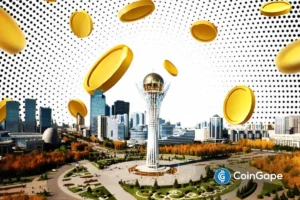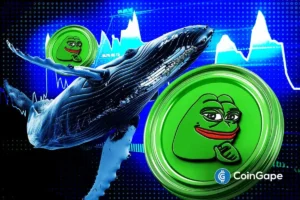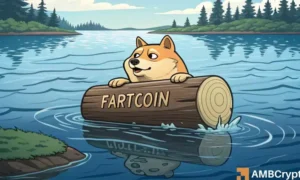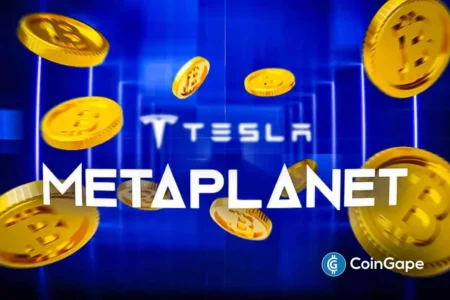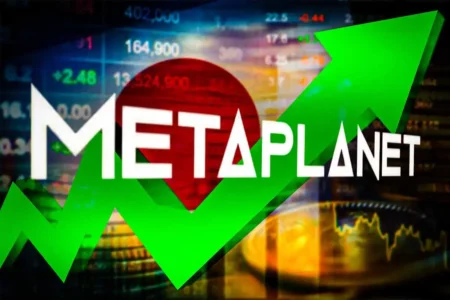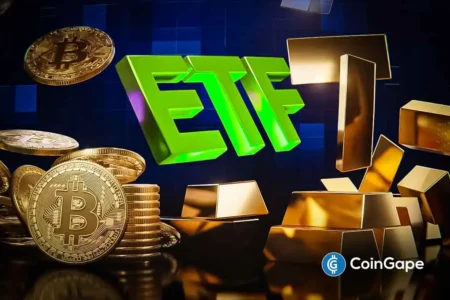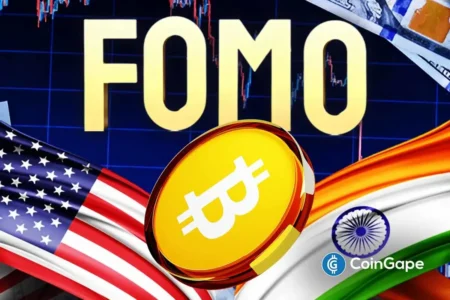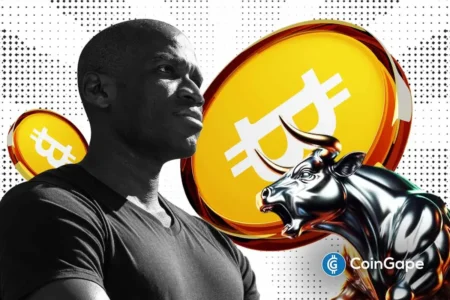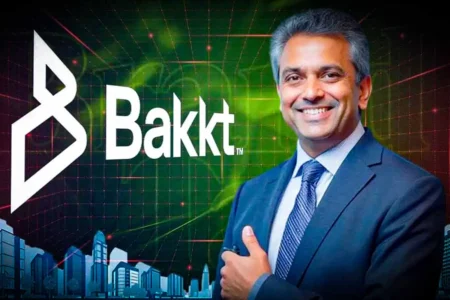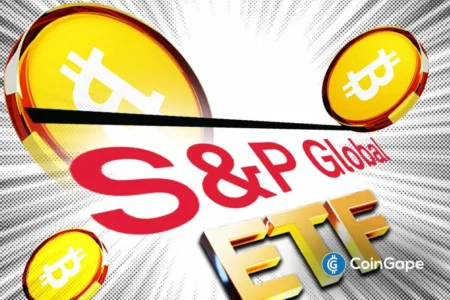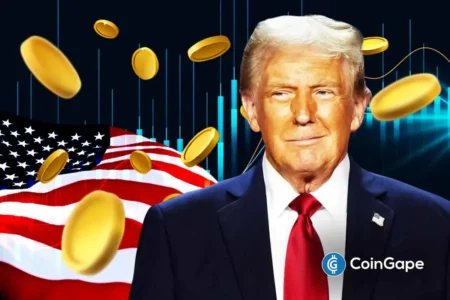The Central African Republic’s Bold Move into Crypto: A Deep Dive into Tokenization and Memecoins
The Central African Republic (CAR) is embarking on an unprecedented journey to tokenize over 1,700 hectares of land using Solana’s blockchain. This initiative, however, has become mired in controversy due to connections with a memecoin launched by President Faustin-Archange Touadéra. As this narrative unfolds, it raises critical questions about governance, transparency, and the future of real-world asset (RWA) tokenization in a country grappling with a reputation for corruption and instability.
The Birth of CAR’s Memecoin: Intent and Controversy
CAR’s venture into the world of memecoins began in February with the launch of a token designed to symbolize national unity and economic revival. Promoted through a video allegedly featuring President Touadéra, the memecoin aimed to harness the viral potential of memes for impactful real-world change. However, skepticism arose shortly after launch when the promotional account was suspended within days, and discussions emerged suggesting the introductory video may have been created using artificial intelligence. Furthermore, over 76% of the token supply is reportedly controlled by just four wallets, raising red flags regarding potential manipulation and concentration of power.
Despite these concerns, the token saw a price surge at its inception, briefly attaining a valuation of $500 million. As of now, CAR’s memecoin is trading at approximately $0.056, down significantly from its peak but still showcasing month-on-month growth. Setting the stage for a unique land sale, the government has announced that this memecoin will be the exclusive method for purchasing the tokenized land starting June 21. Yet, the absence of a clear interface or regulatory framework casts doubt on the project’s legitimacy.
Tokenized Land: A Potential Breakthrough for Sovereign-Level Initiatives
On paper, CAR’s initiative to tokenize land could serve as a groundbreaking model for sovereign-level advancements in blockchain technology. Linked to the country’s 2023 Natural-Resource Tokenization Law, this project suggests potential connections to mineral rights and a transformation in how land ownership and transactions are managed. If executed properly, this could mark the first instance of a government utilizing blockchain to sell real land parcels transparently.
However, the necessity for legal documentation and regulatory oversight remains unfulfilled. Hence, the project’s credibility continues to be shrouded in doubt, especially in light of previous failed ventures like Sango Coin. Notably, international agencies have yet to corroborate the claims surrounding this land sale, which creates further layers of uncertainty for potential investors and stakeholders.
Governance and Oversight: Questions Loom Large
The primary driver of this tokenization project has been President Touadéra, whose verified social media account helps shape the narrative around the initiative. Despite his assertions claiming that tokenization represents more than just innovation but also inclusion and opportunity, the absence of an institutional custodian for the token’s treasury raises alarms about governance and accountability. Promised donations, such as the $50,000 worth of memecoins aimed at refurbishing a local school, lack transparency and verifiable records, fostering skepticism about genuine intentions.
The official token website remains sparse on details, further compounding concerns from analysts and observers who draw parallels between $CAR and other memecoins known for questionable practices. A recent evaluation using deepfake detection tools indicated that the original announcement video could be synthetic, deepening the mystery surrounding the project’s authenticity.
Solana’s Role and the Broader Crypto Landscape
Despite the controversies, Solana’s involvement in this venture represents a noteworthy development for the blockchain ecosystem. All trading activity occurs on Solana-based decentralized exchanges (DEXs), with the underlying token and NFT infrastructure being constructed natively on the platform. Although this presents Solana with a sovereign use case, it simultaneously poses reputational risks should the initiative falter.
The juxtaposition of innovative technology against CAR’s tumultuous political landscape leads to questions about the limits of decentralization, transparency, and the overall credibility of web3 environments. This real-time experiment is evolving into a focal point for discussions surrounding the commercialization of memecoins and the broader implications for nation-states increasingly looking to blockchain as a means of economic revival.
The Stakes for CAR: A Test of Transparency and Legitimacy
The upcoming tokenized land sale will serve as a litmus test for this ambitious initiative. Should the transaction occur transparently and yield tangible benefits for local communities, CAR may pave the way for a new model of state-backed RWAs. Conversely, if the project collapses into unfulfilled promises or mimics a rug pull, it could tarnish CAR’s nascent attempts at innovation while entering the annals of crypto infamy.
This isn’t CAR’s first attempt at leveraging cryptocurrency for economic gain; the country previously adopted Bitcoin as legal tender and introduced Sango Coin, which failed to gain traction. The present initiative attempts to sidestep past pitfalls by divorcing itself from Bitcoin while emphasizing the utility of tokenization through Solana, yet it is still burdened by a legacy of skepticism.
Conclusion: Navigating the Future of Crypto in the CAR
As CAR’s foray into the world of cryptocurrencies unfolds, the intersection of ambitious governance and innovative technology presents both opportunities and challenges. While tokenization has the potential to offer radical transparency and efficient land governance, unresolved questions linger regarding legal ownership, dispute resolution, and investor protections. The need for robust regulatory frameworks and credible oversight cannot be overstated, especially given CAR’s ranking on Transparency International’s corruption index.
Ultimately, CAR’s exploration into crypto serves as a microcosm of the global struggle to balance innovation with accountability in the digital age. The outcomes of the upcoming land sale will not only shape the future of CAR’s economic landscape but also contribute to the ongoing dialogue about the role of blockchain in facilitating sustainable development in emerging economies. As the narrative matures, stakeholders must remain vigilant about the implications of these developments for the structure of trust and governance in the ever-evolving world of blockchain technology.
